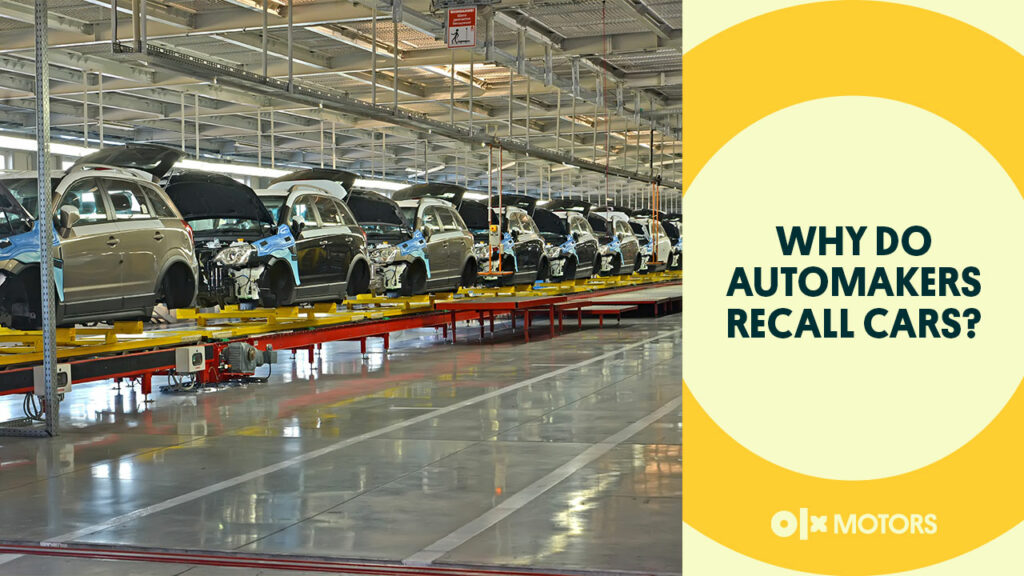
Car recall is a sensitive issue. For the company, it is a strategy used to mitigate potential quality and safety issues of the car. For the consumer, it is a disaster! Car recall often leaves the consumer cluelessly wondering: Is my car safe to drive after it is recalled? Did the car company cheat me? Should we stop buying a particular car model/make because it was recalled? Amidst all the confusion, it is essential to answer the pressing question: What does car recall mean and why companies do this all the time?

Surprisingly, car recall is a common practice around the world. According to statistics, globally around 13 million cars were recalled in the first half of 2019 alone. The United States, Germany, Japan, China and South Korea have remained in the spotlight for the surge in their car recalls. The Japanese automaker Toyota and American automaker Ford topped the rank with a record of car recalls of up to 4 million units.

When an automaker announces a car recall, it is usually either for repair, replacement or, in some rare cases, refund for a faulty car part. Car recall is always intended as a corrective measure catering to manufacturing defects of the car. These manufacturing defects can pertain to any car component, such as a leaking fuel system, lack of proper airbags deployment, loose trim pieces, malfunction of accelerator or wiring hazard and the collapse of car jacks.
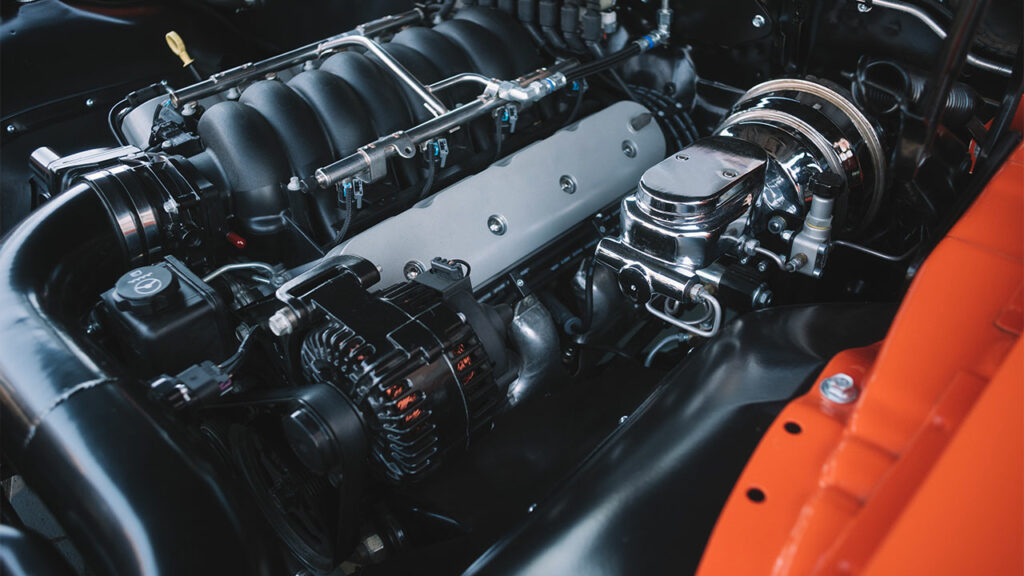
The severity of car recall can vary, and often it is merely an extension of car warranty. Due to automobiles‘ functional complexities, automakers have to play catch-up before the proliferation of any potential risk. Some automakers go as far as recalling a car model because a typo occurred in the car manual.

The defects of a car model are often uncovered either through the respective dealership of the car, public response or internal risk assessment of the automaker. When an automaker announces a recall, it is usually done at mass-level. Car recalls are often limited to a particular model of car and not the entire make.

Suppose an automaker finds a defect in a car model that can pose severe public safety threats and fails to officially report it. In that case, it is deemed as criminal negligence and can even lead to litigation against the automaker as well. Recalling a car is an ethical practice both in terms of the company’s reputation and public safety. However, it is important to note that car recall is not applicable to wear and tears in the car or general car repair.

Staying ahead of the quality issues, automakers also initiate optional car recalls. These voluntary recalls intend to fix minor quality issues like replacing the wheel cap, fixing the glove box or structural issues that hinder seat belt usage. Once the automaker recalls a car model, whether it is safe to drive that car or not is conveyed in the automaker’s official notice.

Automakers are fully aware of the opportunities and risks involved while inviting their customers for a recall. Overtime, companies have mastered how to maneuver a recall as a means of offering higher value propositions. Some automakers use this as a marketing gimmick and name their recalls as “special service campaigns”. They offer free of charge replacements like replacing the propeller motor of the fuel pump etc.

The global automobile industry is slowly transitioning from “zero-defects paradigm” to “no-recalls paradigm”. With the advancement of technology, as quality management will reach maturity levels, the recall strategy will gradually diminish in its application. The fast and efficient defect elimination will overtake car recalls. Till then, the consumers should maintain a proactive approach because, in most cases, car recall is not problematic. In fact studies suggest that well-orchestrated car recalls significantly improved customer satisfaction and reduced the potential risks.
OLX Pakistan is an online classifieds’ marketplace providing access to affordable products and services to a large population of this country.
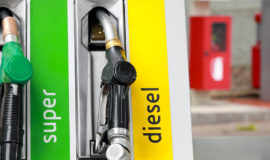





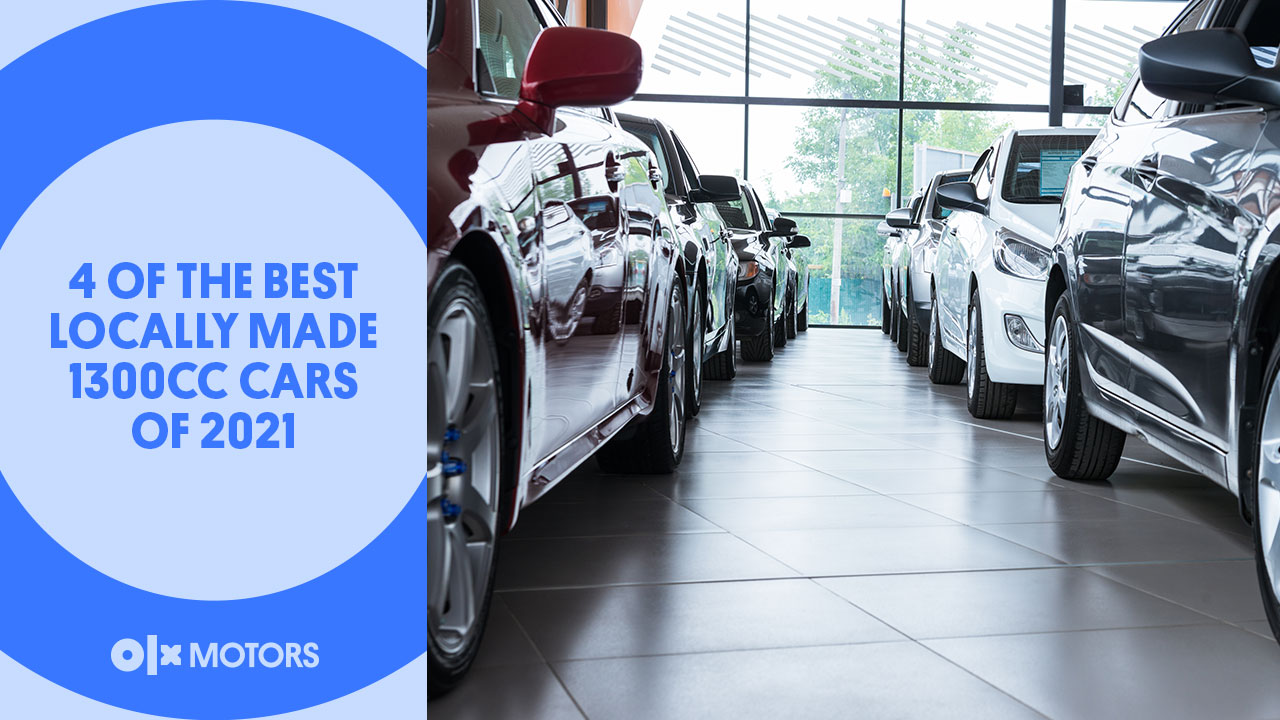
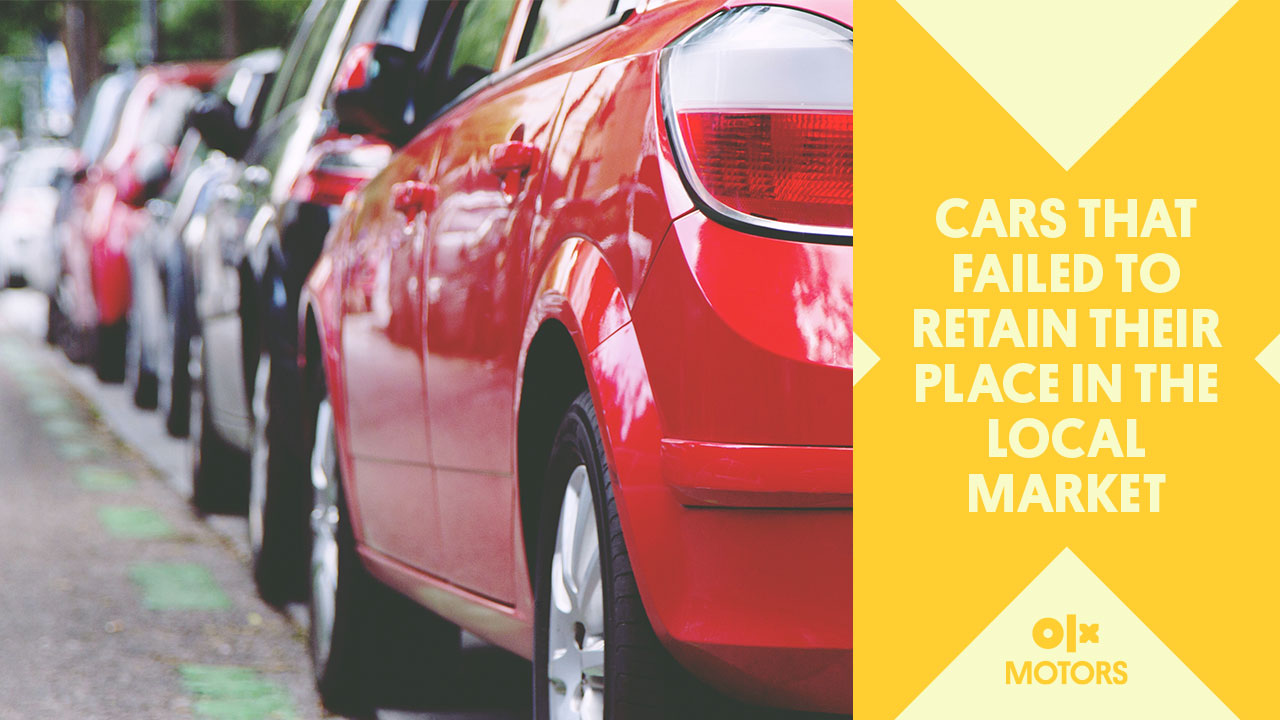
Leave a Reply